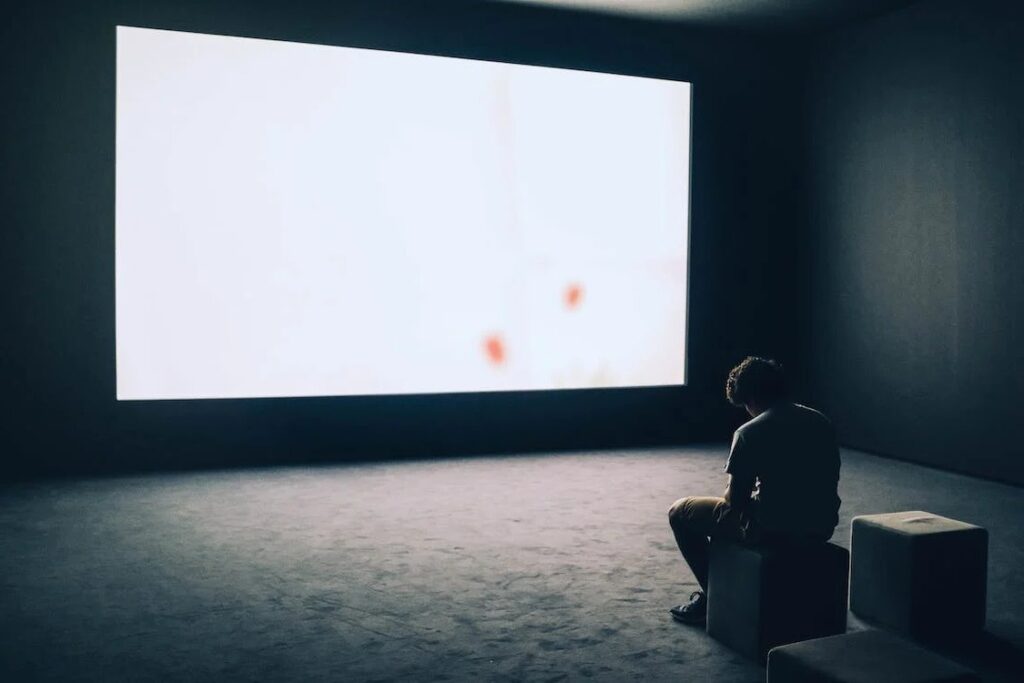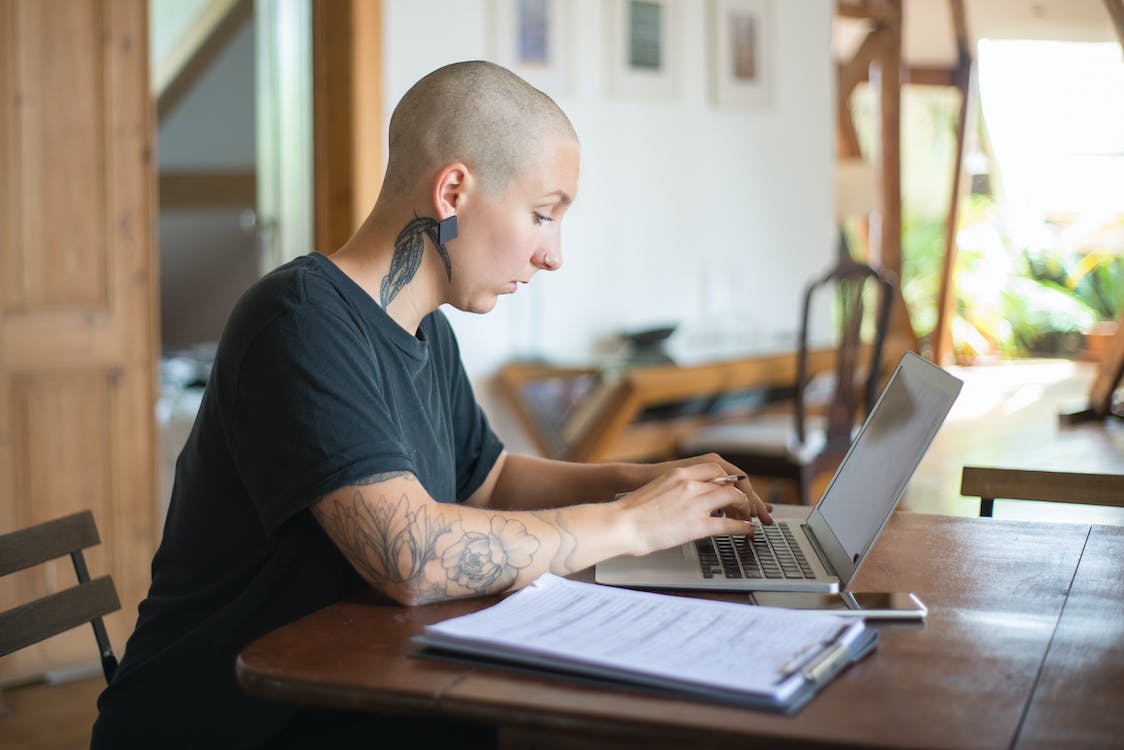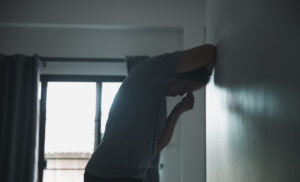Is Social Media Addiction the New Epidemic?

Social media, with its promises of connection and endless entertainment, has indeed wound its web around our daily lives. But when does this connectivity morph into dependency? When do ‘likes’, shares, and comments turn into a source of validation that you begin to crave incessantly? This is where we need to pause and think: is social media addiction the new epidemic?
Consider the numbers. It’s startling to know that, on average, people spend two hours and 22 minutes on social media every day. That’s almost an entire day each week! In South Africa, the number of social media users rose by 13% in 2021 alone. This seemingly harmless pastime begins to look a little more ominous when seen from this lens.
However, it’s not just about the time spent. The effects of this social media obsession are seeping into our mental health. Anxiety, depression, negative body image, and poor sleep quality are linked to heavy social media use. A recent study showed that about 10% of social media users in South Africa display problematic usage, indicating potential addiction.
We, as a community, need to shift our approach towards this rising issue. An addiction is not just about substances, and the sooner we recognize this, the better we’ll be able to address it. Mental health professionals need to be trained to identify and treat social media addiction. Schools should incorporate digital literacy and cyber safety into their curricula to educate children about the responsible use of social media.
Global and Local Statistics:
- Over 3.6 billion people were using social media worldwide in 2020, and it is projected to increase to almost 4.41 billion in 2025.
- In South Africa, as of January 2021, the number of social media users has increased by 3.5 million (+13%) between 2020 and 2021.
Potential Indicators of Social Media Addiction:
- Spending disproportionate amounts of time on social media sites.
- Experiencing withdrawal symptoms when not able to check social media.
- Neglecting personal life, work, school, or physical health due to excessive social media use.
Moreover, local policies must reflect this growing concern. Just as we regulate substances, we should also contemplate guidelines for social media usage. While outright bans might not be feasible or even desirable, there are other ways to protect vulnerable individuals. Age restrictions, promoting the use of wellness features like ‘screen time’ or ‘time spent’ on social media platforms, and raising public awareness can be effective first steps.

Remember, each ‘like’ or ‘share’ on social media activates the same reward circuits in your brain that are triggered by eating food, winning money, or even consuming certain drugs. This could explain why some people find it hard to stay away from social media. However, the onus is on us, as individuals and as a community, to not let our screens control us. Let’s use social media for what it was intended: as a tool to connect, not a crutch that fosters dependence.
Social media has indeed opened new avenues for interaction and expression. However, its potential for overuse and the resultant psychological implications cannot be ignored. It is crucial to strike a balance in its usage and to be mindful of our virtual behaviors. After all, real life happens off the screen.
FAQs on Social Media Addiction:
- What are some signs of social media addiction? Obsessively checking social media, neglecting other aspects of life due to excessive use, feeling anxious or distressed when unable to access social media, and spending more than 3-4 hours daily on these platforms could indicate an addiction.
- What is the impact of social media addiction on mental health? It can lead to symptoms of anxiety, depression, loneliness, and poor self-esteem. It can also contribute to sleep disorders and negatively affect academic or work performance.
- How can I reduce my social media use? Set clear boundaries and allocate specific times for social media use. Use apps to track your usage and set time limits. Engage in offline activities and hobbies.
- Is there professional help available for social media addiction? Yes, psychologists, psychiatrists, and counsellors can provide therapies like Cognitive Behavioural Therapy (CBT) to help manage social media addiction.
- How can parents control their children’s social media use? Parents can set screen time limits, use parental control apps, educate their children about the responsible use of social media, and encourage offline activities.
Social media has embedded itself deeply in our lives, rendering the line between use and overuse blurred. The advent of this new form of addiction warrants us to develop a comprehensive understanding and robust coping mechanisms. We need to actively foster a culture of mindful use of social media, promoting it as a tool of connectivity rather than a platform for validation.
Policies, educational curricula, and workplace norms must also adapt to this paradigm shift, recognizing social media addiction as a genuine concern. Just as we exercise caution while navigating the physical world, let’s extend the same vigilance to our virtual existence.
Finally, remember, we own our devices, not the other way around. Be in charge, control your usage, seek help if required, and ensure that the virtual world doesn’t eclipse the vibrancy of your real life. As we move forward, let’s aim to achieve a healthier relationship with our screens, where we leverage the benefits of connectivity without succumbing to dependency.
The South African Society of Psychologists reports a concerning statistic that 1 in 5 adults in South Africa abuse mind-altering drugs, which has significant consequences, especially for young individuals. In this context, we hear from Gogo, whose son Akhe has been grappling with drug addiction since the age of 14. Akhe’s drug use led to erratic behavior, including an incident at a police station where he assaulted people and damaged property, resulting in his arrest. Gogo emphasizes that Akhe becomes extremely volatile when under the influence and highlights his use of drugs like Crystal Meth and nyaope. She attributes his resentment and violent tendencies partly to the passing of his father and his current unemployment. Gogo offers advice to families dealing with drug-addicted members, urging them to endure the challenges and hardships. For those seeking help, she recommends contacting the rehabilitation center We Do Recover through their website, www.wedorecover.com.





